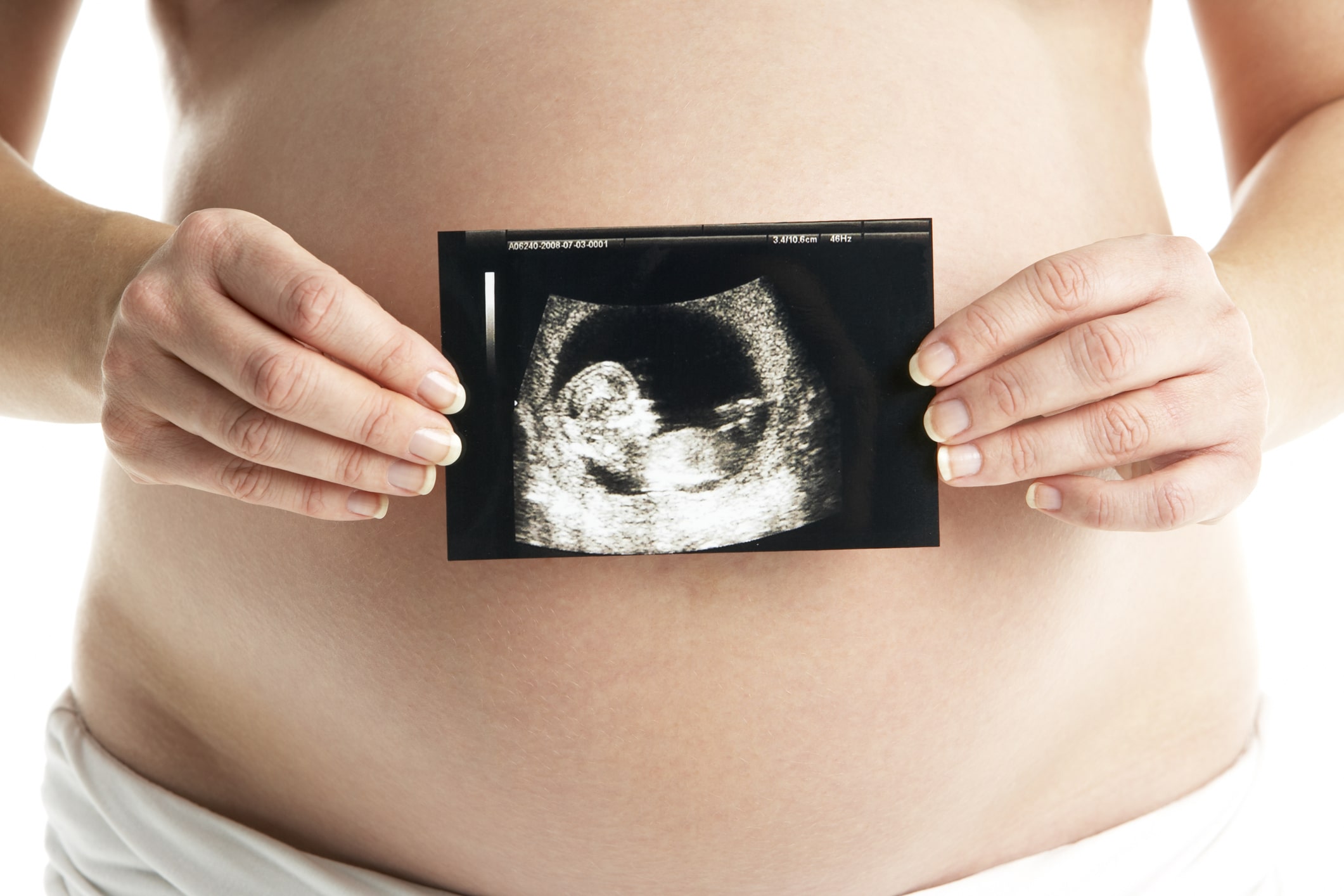Here’s something you might not chat about daily and or may not even be aware of, but if you’re around military bases, airports, or industrial areas it’s crucial to be aware about.
You see, these spots often use Aqueous Film Forming Foam (AFFF) to tackle massive fires. Yes, that foam.
While it’s a champion at putting out flames, there’s a downside that isn’t as well-known—it’s packed with PFAS (per- and poly-fluoroalkyl substances). For women thinking about pregnancy or in their childbearing years, this is crucial info.
What’s the Scoop on AFFF?

So, what’s the big deal with AFFF and why should you care? This foam is like a magic blanket that smothers fires by blocking oxygen to the flames—pretty cool, right? It’s a lifesaver in emergency situations at places like airports or military bases.
But, here’s the twist: the chemicals in this foam, known as PFAS, are the clingy type—they stick around in the environment and in your body, not breaking down like other substances.
Why It Matters to You
Living near areas where AFFF is used could mean you’re getting more than you bargained for—PFAS can sneak into your drinking water or hang in the air.
For us women, this gets personal: PFAS exposure is linked to some nasty health issues like messing with our hormones, making it tough to get pregnant, and other serious stuff like increased cancer risks.
And if you’re expecting or planning to be, PFAS can cross the placenta. Yup, it reaches the baby before they’re even born. Studies have found it in umbilical cords and breast milk, which means it could affect your little one’s start in life.
The Fertility Factor

Here’s the part that really hits home. Research, including a notable study from the Icahn School of Medicine, points out that women with higher PFAS levels might find it way harder to conceive.
In fact, those levels could slash your chances of pregnancy by up to 40% and decrease the likelihood of a live birth by about 34%. Those are some scary stats if starting a family is on your mind.
The research doesn’t stop there. While they haven’t pinned down exactly how PFAS does its damage, there’s enough evidence pointing to how it could throw off your body’s natural hormone balance and even tie into conditions like polycystic ovarian syndrome (PCOS), which complicates fertility even further.
What Can You Do?
If you’re nodding along thinking, “This might be me,” there’s stuff you can do. Start with regular health check-ups—blood tests can check out your PFAS levels, and fertility screenings are a smart move. Keep an eye on your thyroid too, as it can get out of whack with PFAS exposure.
Planning a baby? Chat with your healthcare provider about how to handle these risks. Simple steps like sticking to filtered water and staying clear of known contaminated spots can cut down on your PFAS exposure.
Got Legal Beef?
Turns out, you might not be the only one concerned here. Thousands of people are taking their PFAS woes to court, pushing for accountability from the people behind AFFF.
According to the latest AFFF lawsuit update mentioned in Drugwatch, nearly 9,576 cases are pending in MDL in South Carolina. That means some lawyers are accepting cases to help PFAS exposure victims get the justice they deserve. It can also help women who’ve had reproductive issues because of this chemical exposure to file their complaints.
If your health’s taken a hit, talking to a lawyer could open up options for some compensation—that could cover medical bills or even push for changes to keep others safe.
The Bottom Line: Stay Informed and Look After Yourself
Here’s the thing: if you’re living near places where AFFF is used, it’s really important to be aware of the risks.
PFAS exposure is no small matter, especially if you’re planning on having kids. Keep yourself in the loop, stay on top of your health, and don’t hesitate to get legal advice if something feels off.
At the end of the day, your health comes first.
FAQs
How does AFFF exposure affect pregnant women?
AFFF exposure can be dangerous to pregnant women because of the presence of PFAS, which is linked to developmental issues in fetuses.
These chemicals can cross the placenta, potentially causing several issues. It includes low birth weight, thyroid disruption, and other developmental problems. As a result, it increases the health risks for both mother and child.
Does PFAS contribute to PCOS?
While research is still ongoing, certain studies show that PFAS exposure may be linked to polycystic ovarian syndrome (PCOS). PFAS may disrupt hormonal balance, which can lead to PCOS. However, more studies are required to fully understand the connection between PFAS and PCOS development.
What organs are affected by PFAS exposure?
PFAS affects the human body in various ways. Exposure to this chemical has been linked to a higher risk of thyroid cancer. Studies in humans and rodents show consistent evidence of liver damage from PFAS exposure. It’s because these chemicals accumulate in body tissues, including the liver, leading to potential long-term health risks.
The potential link between AFFF exposure and infertility is a serious concern that needs to be looked into. Women, especially those planning pregnancy, must take proactive steps to minimize exposure and monitor their health.
There is also a need for legal actions to hold manufacturers responsible and settle plaintiff claims. It can help them to cover their medical expenses and other damages they have endured. Furthermore, research is required to raise awareness and come up with safer alternatives.





